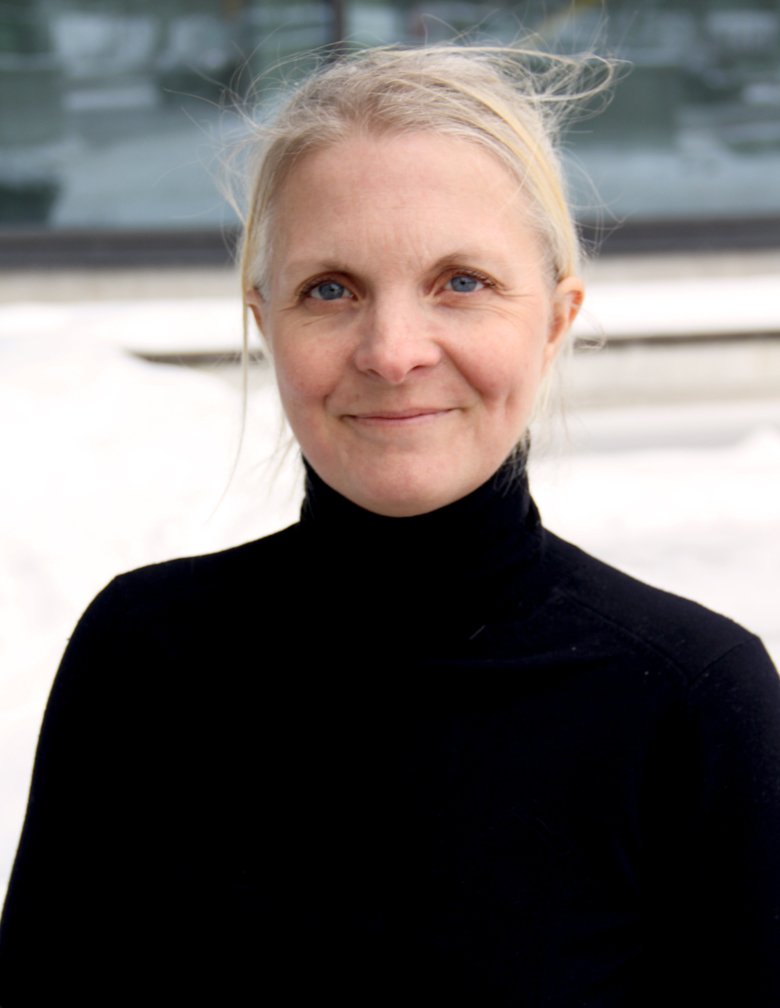Emilie Agardh får 4 920 000 kronor i projektanslag från Forte
Grattis till Emilie Agardh som får 4 920 000 kronori projektanslag från Forte för projektet En ny metod för ojämlikhet i hälsa.

Kan du berätta mer om projektanslaget?
“This award from Forte makes it possible for me and my team to contribute to the knowledge building around the impact of public health problems generated by inequality. There is a revisited and emergent attention to inequality in health. In Sweden for example, the Government set up a commission for Equity in Health in 2015 and presented a Bill in 2018, with the goal to close the avoidable health gaps within a generation.
The vast amount of research on health inequality, however, is typically based on different types of health indicators or data that only reflect specific diseases or causes of death. This gives a fragmented picture of the problem. In our project we will use Swedish registers and standardized methods developed within the Global Burden of Disease GBD study, to estimate the magnitude of inequality in health (both fatal and non-fatal) for the whole population of Sweden over time and identify diseases where inequality is greatest”, säger Emilie Agardh.
Vad betyder det här för dig och din forskning?
“It is fantastic to finally be able start with this research project that we have planned for since long. For one thing, we have during the past years created an extensive Swedish Burden of Disease database, aligned to GBD methods, with data on over 300 diseases and causes of death and a range of socioeconomic indicators.
Sweden is one of few countries with unique identity numbers, which makes it possible to link data for the whole population from many areas of society to a specific individual, and the GBD has unique methods to estimate disease burden from fatal and non-fatal health outcomes around the world. This means that we can simultaneously analyze the impact of over 300 diseases and causes of death generated by inequality for the whole population of Sweden over time.
Using this new approach will give us a more complete picture to help understand and explain inequalities in health. These results will hopefully not only support policy measures in Sweden, but also be of broad international importance, since this project will also help develop methods for socioeconomic stratification of disease burden, which can be applicable globally”.
Vad är nästa steg i forskningen?
"Start analyzing the extensive data we have collected".
